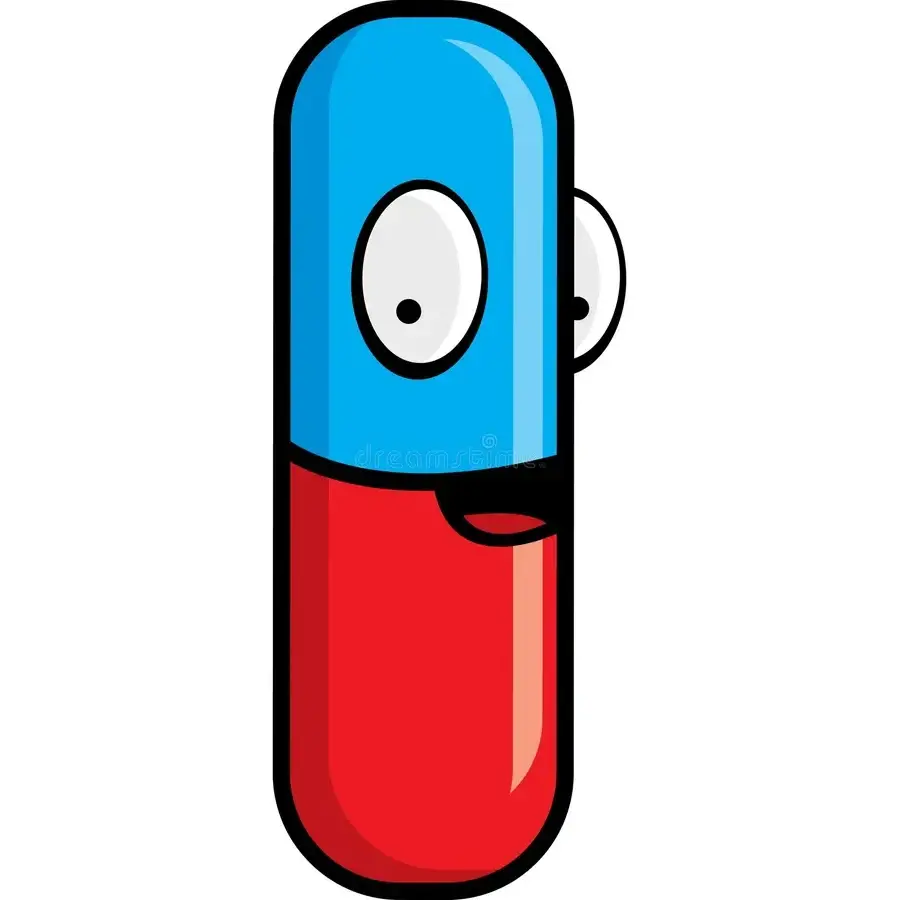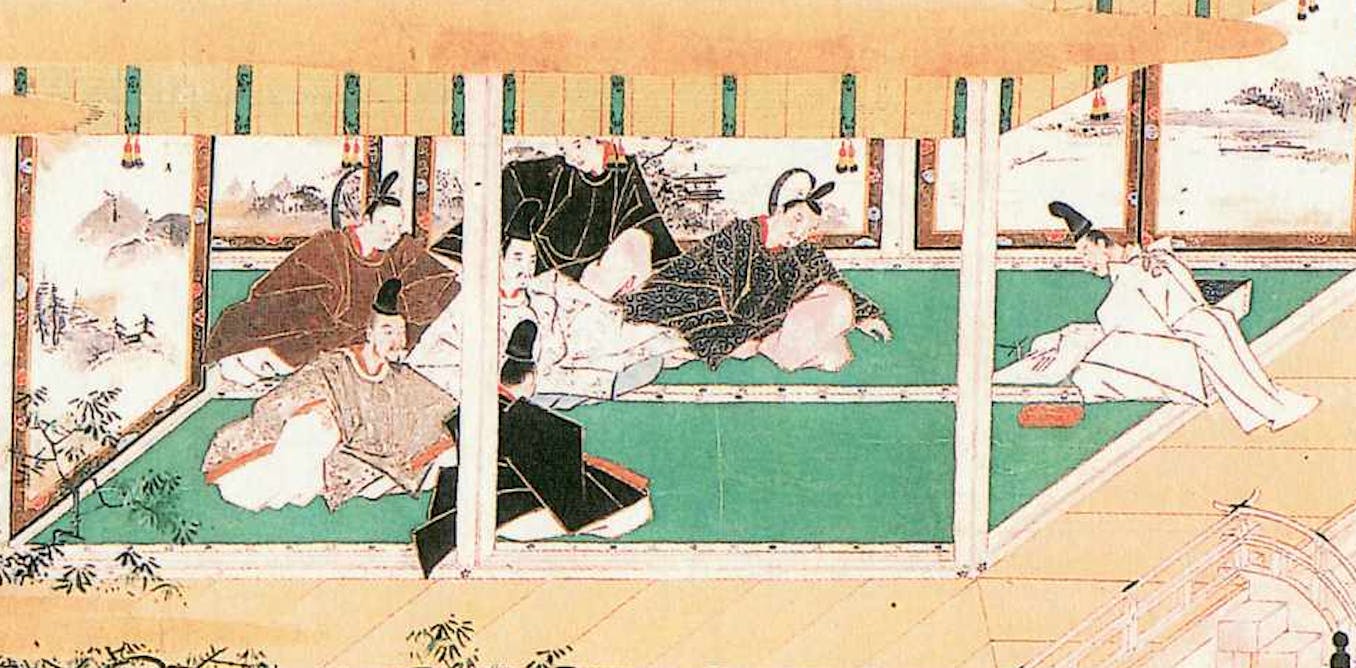“The Tale of Genji,” often called Japan’s first novel, was written 1,000 years ago. Yet it still occupies a powerful place in the Japanese imagination. A popular TV drama, “Dear Radiance” – “Hikaru kimi e” – is based on the life of its author, Murasaki Shikibu: the lady-in-waiting whose experiences at court inspired the refined world of “Genji.”
Romantic relationships, poetry and political intrigue provide most of the novel’s action. Yet illness plays an important role in several crucial moments, most famously when one of the main character’s lovers, Yūgao, falls ill and passes away, killed by what appears to be a powerful spirit – as later happens to his wife, Aoi, as well.
Someone reading “The Tale of Genji” at the time it was written would have found this realistic – as would some people in different cultures around the world today. Records from early medieval Japan document numerous descriptions of spirit possession, usually blamed on spirits of the dead. As has been true in many times and places, physical and spiritual health were seen as intertwined.


